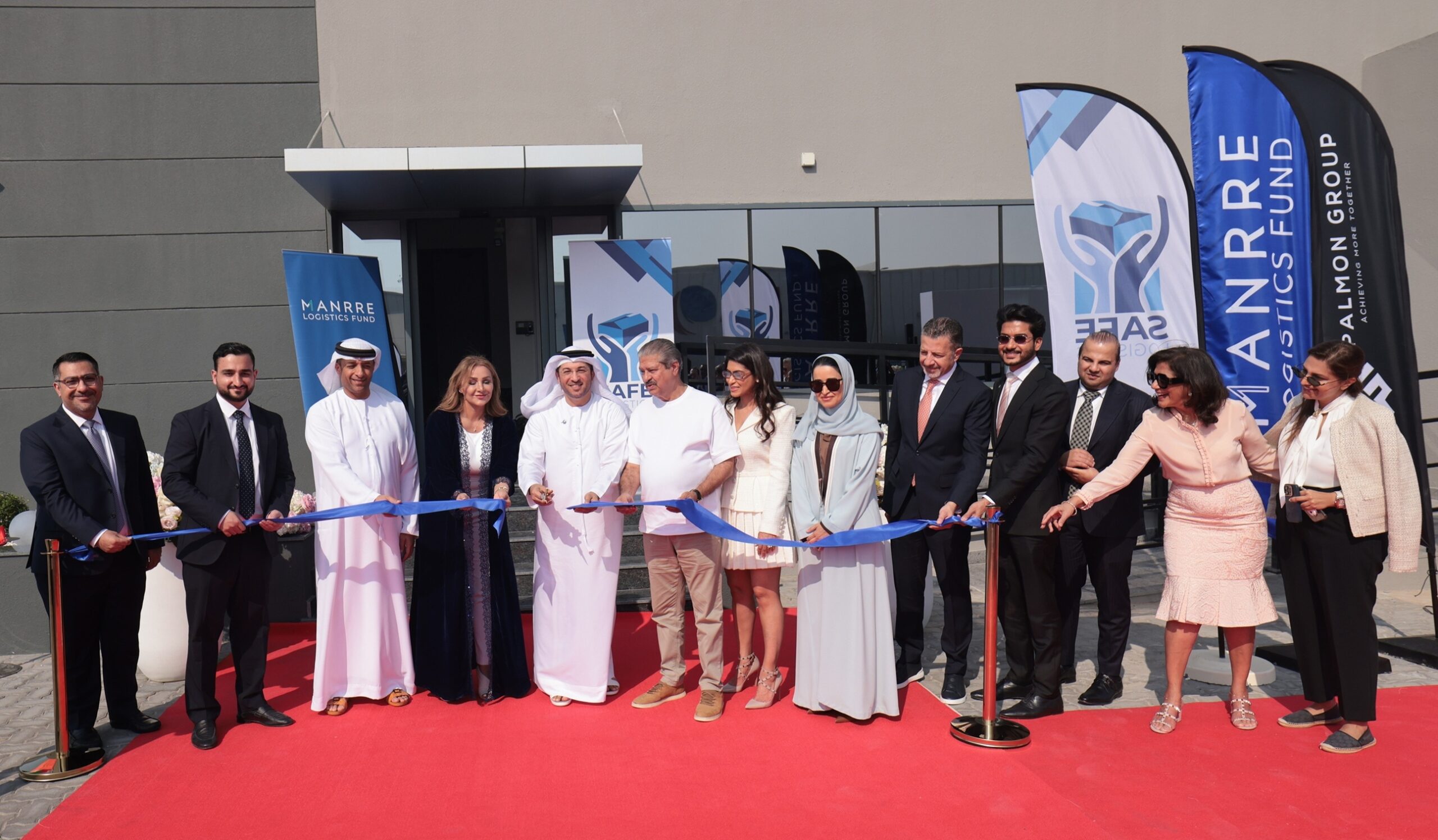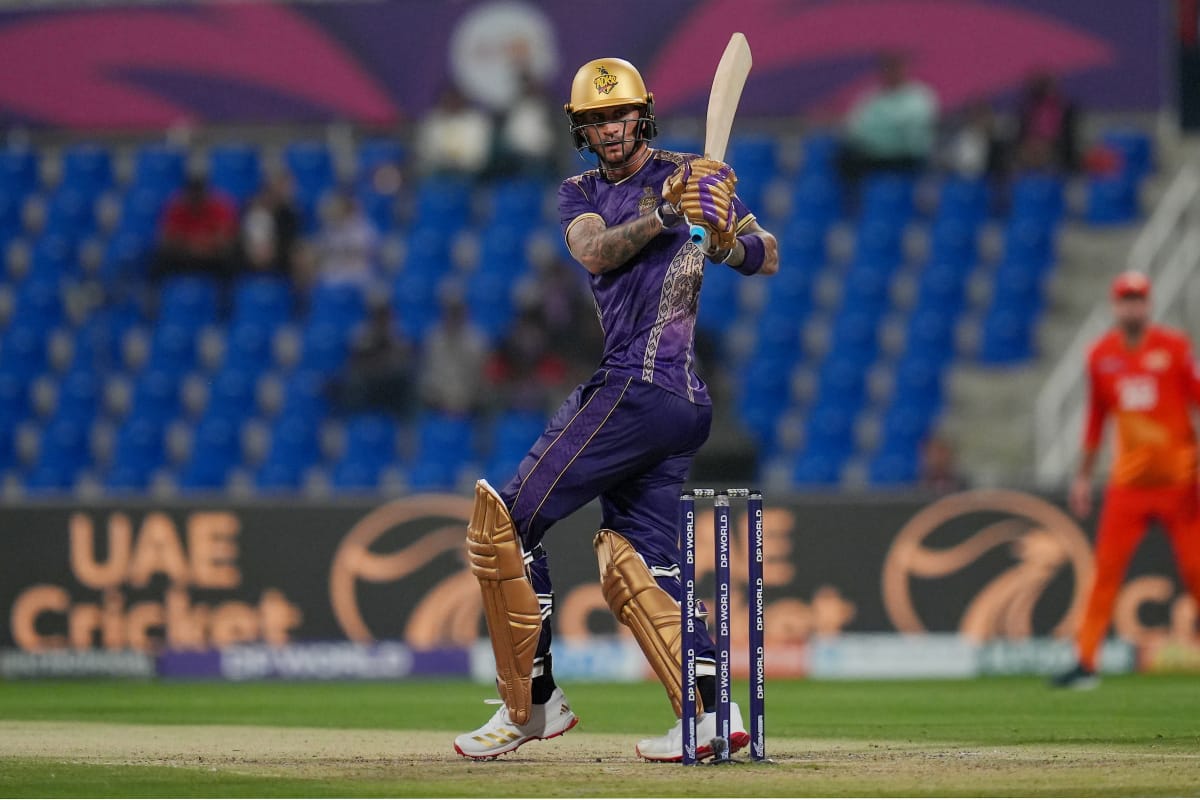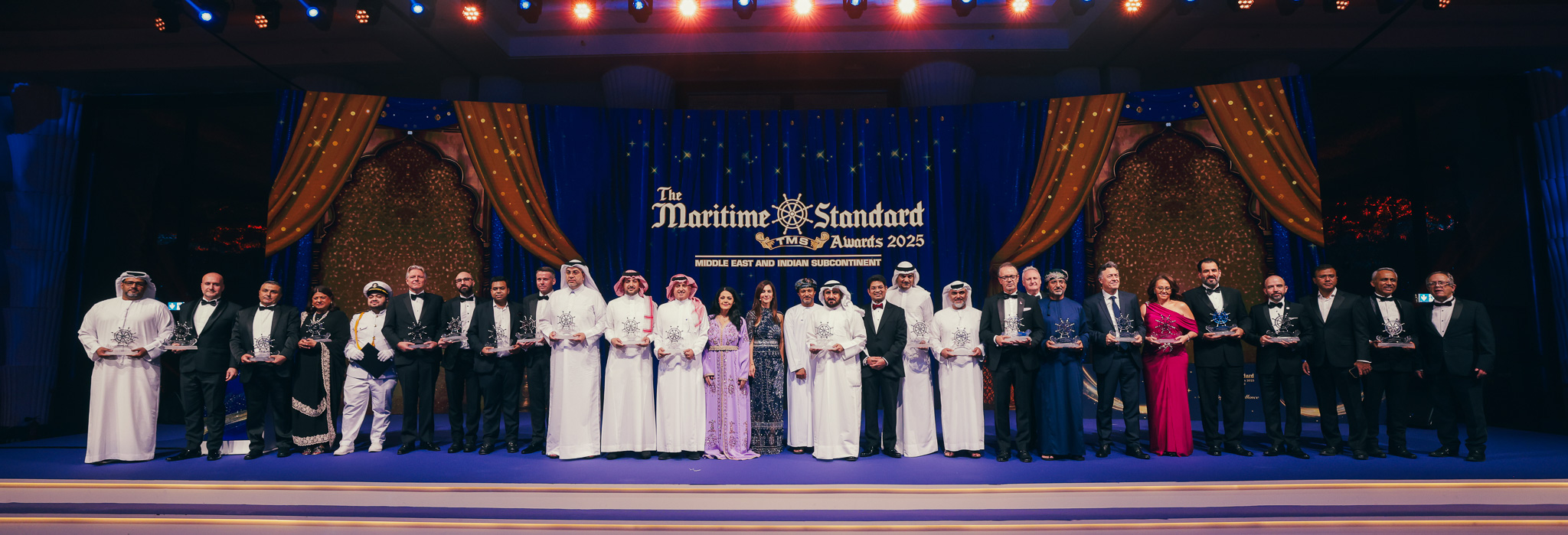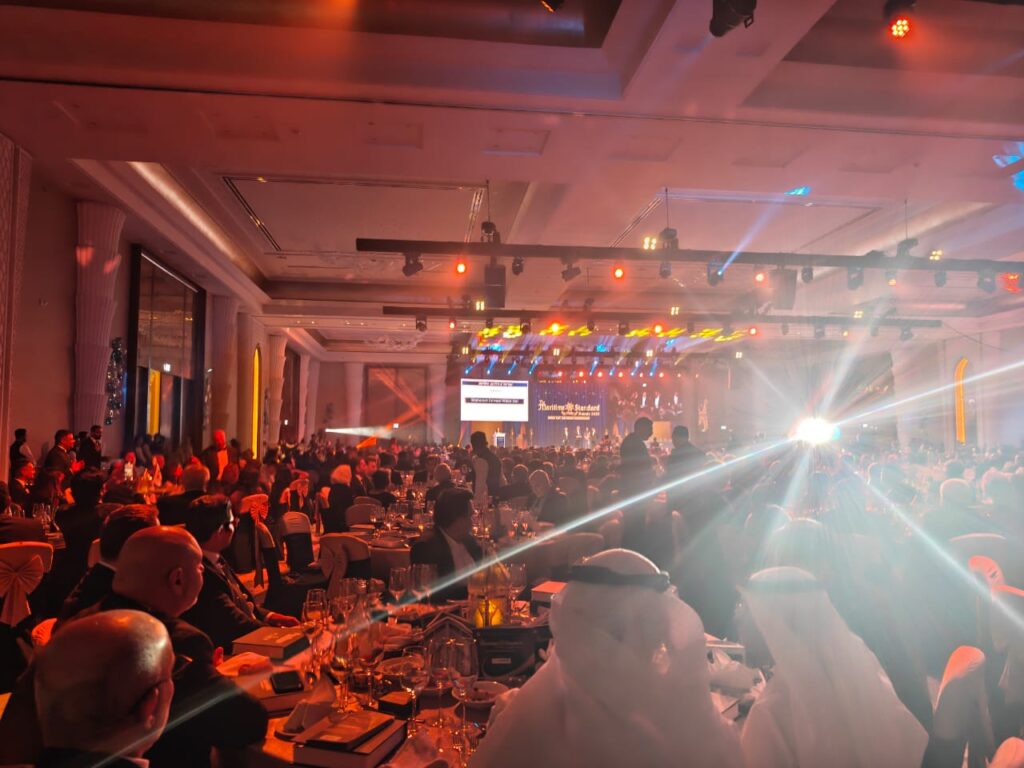News
Are biometrics the backbone of personal security in smart cities?

By: Alexander Migutsky, Advanced Technologies Specialist, Positive Technologies
Alexandra Murzina, Head of Advanced Technologies Department, Positive Technologies
What makes smart cities so fascinating is the level of personalization the ecosystem promises across essential daily staples including work, transport, payments, and complete control over applications at home.
With immeasurable IoT applications and effective use of big data analytics, smart cities will emerge a phenomenon that seeks to make us question how we ever managed to operate any other way.
Achieving this level of personalization won’t be easy though. A larger interconnected network requires paths to identify users so they can tailor their experiences to themselves. Whether it be biometric ID cards or authentication portals, users should be able to authenticate themselves and connect to networks using their personal information.
Biometrics are widely used in enterprise security, access control, and banking operations, with facial recognition and fingerprint authentication systems now commonplace in companies, subways, stores, and restaurants.
The demand for biometric technologies is being driven, among other things, by the increasing adoption of biometric systems in the automotive and consumer electronics industries.
But are biometrics geared to provide comprehensive support to smart city infrastructure?
According to Fortune Business Insights, the global biometric system market size is projected to reach USD 76.70 billion by 2029.
However, there are still safety concerns about how these systems operate and make decisions; questions arise – Exactly how safe are these systems? How do they work under the hood, how do they make decisions?
Positive Technologies’ in-house team of cybersecurity experts conducted a white hat investigation focusing on physical and cyber threats to machine learning systems, including attacks that aim to compromise system confidentiality and obtain data.
The goal of the investigation was to discover gaps within biometric security systems leading up to their inevitable integration into smart infrastructure. We hope that our findings can shed some much needed light upon how the industry can collectively ensure seamless connectivity and functionality within biometric authentication systems supporting smart infrastructure.
During our investigation, we took apart two biometric devices and examined their internal electronics.
Device 1
The first device is expensive and uses advanced technology with the latest biometric algorithms. It has a depth camera, two conventional cameras, and an IR dot projector. A depth camera uses a combination of technologies to obtain depth information, increasing the reliability of the biometric system, which means attackers would need to know the user’s face geometry and have the ability to recreate it. Naturally, a device with such technology is used in access control systems at airports worldwide. Such a device is bound to be a staple of central transportation hubs in smart cities. So, how reliable is the device really?
During testing, we discovered that the device has liveness detection to identify whether the biometric source is real. The cameras capture the image, which is then received by deep neural networks for processing.
We found vulnerabilities in the system, particularly through remote code execution (RCE) attacks, which allowed us to extract machine learning models and user vectors to recreate the biometric authentication algorithm. We attempted to restore a user’s face from the representation hidden in the database.
Although we had a shot at carrying out a successful attack, there was probably a lot of optical distortion in real conditions, due to which we lost some points.
Security analysis:
- Developers did not use depth camera data for authentication which allowed us to circumvent the authorization algorithm.
- The algorithmic assessment failed when we attempted to generate an artificial face matching a real person’s biometric pattern, but attackers could potentially succeed with more time.
Device 2
The second device we studied was a biometric terminal for tracking employees’ work hours – crucial to supporting enterprise workforces within smart cities. It wasn’t as advanced as the first device as it lacked CUDA cores for complex neural networks. However, it used machine learning algorithms from the 2010s and had two cameras: one conventional and one infrared for biometric authentication.
The infrared camera is the key feature of the terminal. It captures invisible details, making it difficult to trick the system. The terminal uses a cascade classifier, 15 Gabor filters, and an algorithm for local binary patterns in the infrared range to detect and analyze facial features. Although it has some vulnerabilities, such as recognizing the same user with and without glasses as different people, the combination of technologies provides decent defense against attacks.
Security analysis: The biometric terminal is less flexible than the first device because it uses only the infrared range and classic algorithms. Nonetheless, this design makes it more resistant to attacks.
Conclusively
Having studied biometric access control terminals that use different algorithms, we discovered that the terminal with neural networks is flexible and can authenticate users wearing masks, helmets, or makeup, but it can be hacked through considerably antiquated mirroring tactics.
The terminal using classic machine learning algorithms is more resistant to illegal authentication attempts. However, both terminals are vulnerable to remote code execution attacks.
Our recommendations for developers looking to strengthen biometric device security include:
- Using data from the depth sensor to distinguish between individuals.
- Conducting independent device audits.
- Collaborating with security researchers and be open to receiving help.
Developing devices for smart city infrastructure is a complex process that requires experts conducting diligent trial and error routines to ensure frictionless operational capacity across the grid.
Even highly skilled teams can make mistakes, leading to vulnerabilities in the final product. Being open to feedback from real users and experts are key to optimizing biometric applications within smart infrastructure.
By eliminating passwords and PINs, biometric authentication provides a disruptive step in the field of cybersecurity and alleviates concerns around the security of copious amounts of data needed in a hyper-connected ecosystem.
While designing IoT applications for smart cities, biometrics are the ideal solution to achieving personalization and privacy backed by seamless authentication, provided the machinery involved is treated with a pristine level of care and pressure testing.
News
GFH Partners Manrre REIT (CEIC) PLC and Palmon Group unveil new temperature-controlled chemical warehouse in JAFZA

GFH Partners Manrre REIT (CEIC) PLC (“Manrre” or “the Fund”), managed by GFH Partners Ltd. (“GFH Partners”), together with its development manager Palmon Group FZCO (“Palmon Group”), today announced the opening of a specialised temperature-controlled chemical warehouse in Jebel Ali Free Zone (Jafza), further expanding the Fund’s Grade A logistics portfolio.
The inauguration ceremony was held in the presence of Mr Abdulla Bin Damithan, CEO and Managing Director, DP World GC, alongside senior officials and dignitaries from Jebel Ali Free Zone, GFH Partners, and Palmon Group.
Purpose-built and developed by Palmon Group to meet stringent international safety and compliance standards, the new facility reflects the rising regional demand for certified chemical storage infrastructure that supports manufacturing, energy, industrial services, and third-party logistics. The warehouse is situated on a 180,000sq ft plot with a built-up area of 112,000 sq ft, divided into three temperature-controlled chambers that reach a maximum height of 13 metres. The warehouse has been designed with advanced Early Suppression Fast Response (ESFR), and in-rack sprinkler systems to ensure safety and resilience across all operations.
The facility’s layout allows storage of a diverse range of hazard-classified chemicals. One chamber is configured for UN Class 3 and 4 chemicals, a second accommodates UN Class 5 chemicals, while the third has been developed for UN Class 6, 8, 9 and non-regulated materials. The warehouse offers capacity for 17,400 pallets and includes nine loading docks and three loading bays. The office space has been intentionally limited to three percent of the total built-up area, maximising operational efficiency and warehouse utility.
Speaking on the launch, Kunal Lahori, CEO of Palmon Group and Board Member of Manrre, said: “This new facility brings together precision engineering, regulatory compliance, and long-term value creation. Specialised chemical storage requires a high degree of control and risk management, and we have developed this warehouse to meet those expectations while offering flexibility and scalability for tenants. As one of the earliest developers in Jafza, Palmon Group remains committed to supporting the UAE’s logistics and industrial growth.”
Mohamed Ali, Head of GCC at GFH Partners, said: “The opening of this warehouse marks another important milestone in the expansion of the GFH Partners Manrre REIT portfolio, particularly in mission-critical industrial and logistics assets that serve high-growth sectors. The UAE continues to see strong demand for specialised storage solutions, and this facility reinforces our strategy to develop resilient, future-ready assets that deliver long-term value for our investors.”
The logistics hub is now fully operational and is leased to Safe Logistics. The new facility is expected to play a significant role in strengthening regulated supply chains and supporting Dubai’s position as one of the region’s foremost logistics and industrial hubs.
News
Big Ticket joins DP World ILT20 Season 4 as Official Partner

Big Ticket, the largest and longest-running guaranteed raffle draw in the Middle East (known for cash prizes, dream luxury cars, gold bars and coins) has joined the DP World International League T20 Season 4 as an Official Partner.
In recent years, Big Ticket has become more than just a raffle, it has gained the reputation of being a brand built around rewarding dreams and celebrating ambition, growing into one of the region’s largest and one of the most anticipated monthly draws in the UAE.
DP World ILT20 – the 34-match cricketing extravaganza – the biggest T20 tournament in the region featuring some of the most renowned global cricket stars is currently being played at the Dubai International Stadium, Zayed Cricket Stadium, Abu Dhabi and Sharjah Cricket Stadium.

DP World ILT20 Head of Partnerships Ishan Chopra: “We are delighted to welcome a UAE born raffle giant like Big Ticket as an Official Partner of the DP World ILT20. Their legacy of helping dreams come true aligns perfectly with our vision of delivering unforgettable, fan-first experiences across the league. This partnership strengthens our commitment to creating moments of excitement both on and off the field, and we look forward to elevating Season 4 together. With a household name like Big Ticket on board, we are confident of unlocking even more opportunities for fans to engage, celebrate and go All In for Cricket.”
Meanwhile, DP World ILT20 match tickets across all categories are available for the remaining tournament matches. Various spectator stand tickets start at AED 20 and hospitality packages start from AED 325. Fans can also book the new Sixes Lounge experience for AED 395, which includes unlimited food and beverages. Tickets can be purchased by visiting tickets.ilt20.ae or Virgin Megastores.
News
The Maritime Standard Awards 2025 winners list showcases high levels of innovation and operational excellence across the maritime sector

The maritime sector’s leading awards event, The Maritime Standard (TMS) Awards 2025, has announced this year’s winners, honoring outstanding companies and industry leaders from across the Middle East and Indian Subcontinent. The Awards showcased achievement and innovation in 25 categories covering shipping, logistics, ship repair, offshore services, marine technology and related sectors, as well as a series of special awards for individual achievement. The prestigious event took place at Atlantis The Palm, Dubai on October 29th, attracting over 1000 senior executives, decision-makers and industry leaders, from the region, and across the globe.
Held under the patronage of H.H. Sheikh Ahmed bin Saeed Al Maktoum, President of the Dubai Civil Aviation Authority, Chairman of Dubai Airports, and Chairman and Chief Executive of Emirates Airline and Group, the event recognised organisations and individuals for setting new standards in operational excellence and leadership in the sector amid significant shifts in the industry, including decarbonisation, digitalization, and a renewed emphasis on supply chain resilience. From clean-fuel projects and AI-powered port operations to international collaborations that boost trade efficiency, the 2025 Awards showcased the industry’s progress in turning goals into tangible outcomes.
The evening was hosted by Yalda Hakim, a renowned international correspondent and documentary filmmaker, whose engaging presence added distinction to the occasion. The keynote address was delivered by Captain Abdulkareem Al Masabi, CEO of ADNOC Logistics and Services, who shared valuable insights on the evolving maritime landscape and the UAE’s leadership in advancing sustainable and innovative practices across the sector.
Clive Woodbridge, Editor of The Maritime Standard and Chairman of the Judging Panel, stated, “This year’s competition was exceptionally tough, and we received an unprecedented number of entries across all categories. Each finalist demonstrated remarkable achievements and operational standards over the past year, which underlines the significant advances that continue to be made in the regional maritime sector.”
A rigorous assessment process was conducted as part of the award selections, and this was supervised by an independent panel of distinguished judges that included some of the most prominent names in the maritime industry.
Trevor Pereira, Managing Director of The Maritime Standard, commented, “These Awards are not just about celebrating success, but also about encouraging excellence. This year’s event recognised innovative concepts, exciting new initiatives, and outstanding performance standards. As the region continues to expand its maritime infrastructure and digital port systems, with significant developments across the Middle East and the Indian Subcontinent, events like The Maritime Standard Awards play a key role in reinforcing its position as a global leader in shipping and maritime.”
Reaction from the individual winners on the night of October 29th was highly appreciative. Captain Mohamed Al Ali, Senior Vice President, Operations (Offshore Logistics), at ADNOC L&S, who received the Outstanding Achievement Award, added: “It was one of the greatest honours of my professional career to receive this Award. It really means a lot to me to have TMS recognise the years of dedication and hard work.”
Tony Dagher, the Founder and Managing Director of TMC Shipping Group was the recipient of the Young Person in Shipping and was similarly honoured. He said: “I have been fortunate to have had great support from many people during my journey in shipping, and to have a fantastic team around me now. This Award is as much for them as it is for me.
Over the past 12 years The Maritime Standard Awards has consolidated its standing as one of the most prominent annual gatherings within the global maritime calendar, gaining worldwide recognition for recognising excellence and promoting a more resilient and sustainable maritime future.

-

 Tech News2 years ago
Tech News2 years agoDenodo Bolsters Executive Team by Hiring Christophe Culine as its Chief Revenue Officer
-

 VAR10 months ago
VAR10 months agoMicrosoft Launches New Surface Copilot+ PCs for Business
-
News10 years ago
SENDQUICK (TALARIAX) INTRODUCES SQOOPE – THE BREAKTHROUGH IN MOBILE MESSAGING
-

 Tech Interviews2 years ago
Tech Interviews2 years agoNavigating the Cybersecurity Landscape in Hybrid Work Environments
-

 Tech News7 months ago
Tech News7 months agoNothing Launches flagship Nothing Phone (3) and Headphone (1) in theme with the Iconic Museum of the Future in Dubai
-

 Tech News2 years ago
Tech News2 years agoBrighton College Abu Dhabi and Brighton College Al Ain Donate 954 IT Devices in Support of ‘Donate Your Own Device’ Campaign
-

 VAR1 year ago
VAR1 year agoSamsung Galaxy Z Fold6 vs Google Pixel 9 Pro Fold: Clash Of The Folding Phenoms
-

 Editorial1 year ago
Editorial1 year agoCelebrating UAE National Day: A Legacy of Leadership and Technological Innovation












